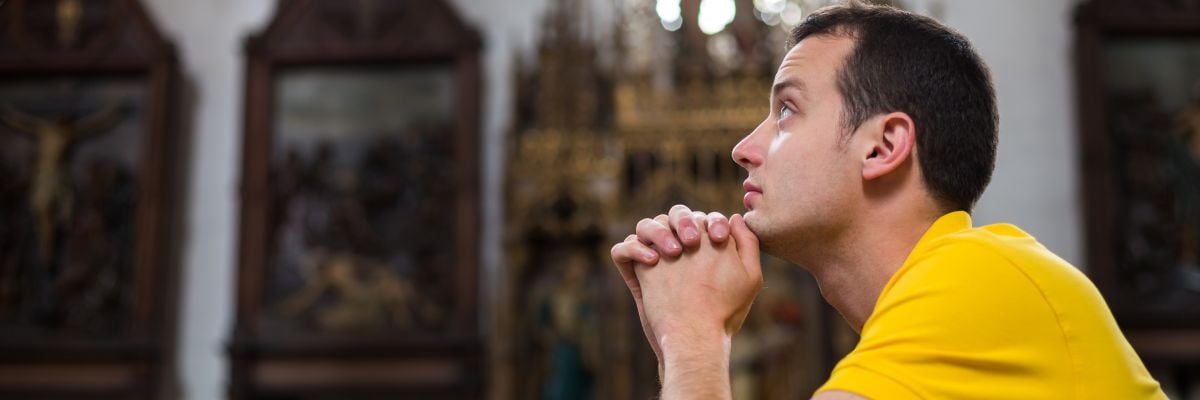
Question:
Answer:
Remember that there are three components to a mortal sin: grave matter (which would apply here), full knowledge, and full consent of the will (see CCC 1854-64).
The Church’s discipline is the same whether with Sunday Mass (CCC 2180–2183) or another holy day of obligation (see The Code on Canon Law [CIC], canons 1245; 1247–1248). That is, there can be mitigating circumstances or ones that fully excuse if a person misses Sunday Mass. The latter would take place when a huge snowstorm prevents one’s driving to Mass. I recall in January 1978 in Ann Arbor, Michigan, that Catholic parishioners were dispensed from fulfilling their Sunday obligation because of a storm that dropped more than two feet of snow on the city and also precipitated (no pun intended) the University of Michigan closing its doors to classes for the first time in its long history. It also closed the city’s schools—including the Catholic high school I attended—for a week.
The Church provides in general:
The Sunday Eucharist is the foundation and confirmation of all Christian practice. For this reason the faithful are obliged to participate in the Eucharist on days of obligation, unless excused for a serious reason (for example, illness, the care of infants) or dispensed by their own pastor.119 Those who deliberately fail in this obligation commit a grave sin (CCC 2181).
God knows definitively whether a person who has missed Mass on a Sunday or holy day of obligation has done so with grave culpability. In addition, a person should typically be able to evaluate his actions in such a case. If he has any questions, a good priest can provide discerning counsel.
Finally, if one anticipates he might have trouble fulfilling his Sunday or other holy day of obligation to participate in Mass, he may seek a dispensation in advance from his parish pastor (see CCC 2181; CIC, canon 1245). This would include those persons who—because of weekend work obligations—are unable to fulfill in an ongoing way their Sunday Mass obligation (including by participating in a Saturday vigil Mass), although, if at all possible, hopefully their employers will provide them adequate flexibility to meet that obligation.



